Qingtenghui Global Private Visit: 30 retailers' Japanese retail notes, all in these 12 sentences
Qingtenghui's global private visit “Japan Retail†has ended. From January 28th to February 1st, it lasted for 5 days. The 30+ founder's private visit covers the whole picture of Japanese retail business: there are the world's top three convenience stores 7- 11. Family Mart and Rosen also have the top retailers in Asia, AEON, Dentsu and Seibu Department Stores; there are both “phenomenological†brands such as MUJI and Sakaiya Bookstore, as well as drugstores Matsumoto on the streets of Japan. Qing, the black cats occupying 50% of the Japanese logistics market share; both Japan and Asia's largest consulting agency Nomura Securities Research Institute share the consumption upgrade research report, as well as the world management master Endo slogan on-site power...
The global private visit of Qingtenghui, through the collision of different development models and different business concepts, helped the Qingtenghui members to expand their industry vision, and also opened the communication channel between the Chinese and Japanese retail industries, providing more for the development of the retail industry. Learn more and experience. Through this private visit, we can see the 12 golden rules of the development of the Japanese retail industry.
1. 茑屋书店: Creating a home feeling for customers
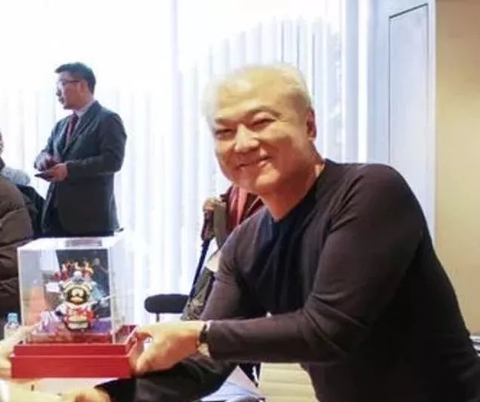
Founder of Sakaiya Bookstore, Masuda Masahiro
Google and Amazon are looking for things, and the squatter bookstore is discovering things. The squatter bookstore picks books based on lifestyle and collects magazines from the Golden Age for readers. Its founder, Masato Masato said: "Many customers do not pay attention to material and pay more attention to content experience. The squatter bookstore strives to create a home feeling for customers, selling books is not a book, it is a way of life." There is no price card, no staff, no pose machine, and the squatter bookstore has removed all the elements that can be reminiscent of the store. The interior design uses yellow light and uses the warm lighting of the book to create the feeling of a small bookstore.
2. Muji: Designing with "humanism"
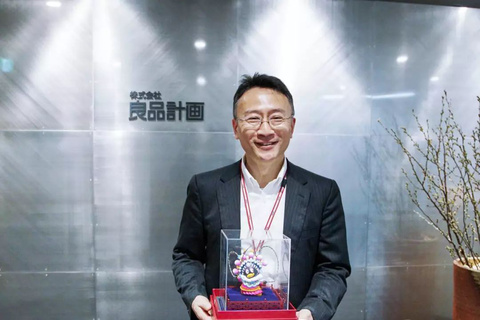
MUJI executives
The world-famous brand “Muji†has been favored by consumers for its minimalist design. It is unique in that it is designed from "humanism" rather than purely commercial logic. For Japanese users who advocate material, consumption and brand, MUJI has a unique approach and advocates a “minimalist†philosophy of life. Its products only retain the most critical elements for customers, without brand names, not designing induced consumption, and not promoting mass production and consumption. To avoid the design being abused by the business, to win the brand without brand. Humanism, "minimal" style and low prices have also made MUJI a successful market.
3.7-11 : Everything is user-oriented
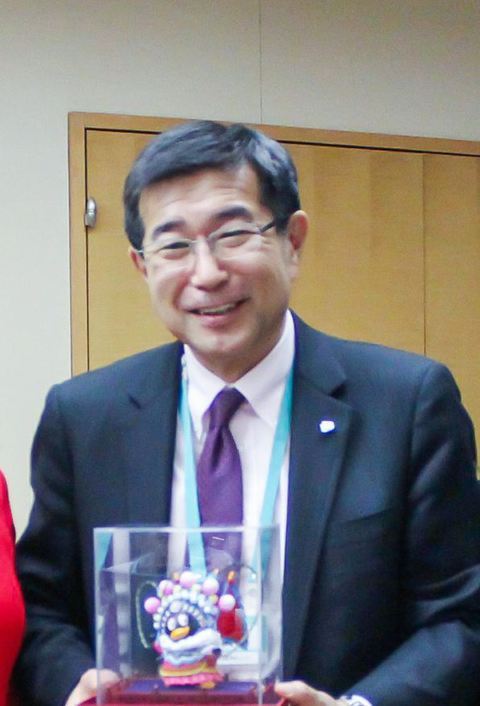
7-11 Managing Director Ito Shunlang
Customers want to eat healthier, more nutritious foods, but have no time to buy, no place to eat, 7-11 to meet this demand. The 7-11 store adopts a “high-density concentration†approach to seamlessly connect with consumers. Japanese people used to buy lunch at 7-11 as lunch. 7-11 stores use single item management system to improve the convenience of goods and other products, and provide dozens of intimate services such as weather forecast, entertainment activities, product information, etc. according to consumer demand.
4. Rosen: No one convenience store, the key is to sell what

Rosen Executive Director, Wild Edge Orange
Rosen pays attention to the integration of technology and retail industry. By collecting cashier data every day, analyzing big data trends, optimizing order quantity and arrival data, and using artificial intelligence to predict the turnover in newly opened stores, it is judged whether to increase Open a new store. In addition, Rosen also pays special attention to content marketing. Rosen executive director Nobe Yoshimoto believes: "The key to the development of unmanned convenience stores is not the unmanned, but the sale of what is necessary."
5. The whole family: The more developed IT technology, the more important the people are.
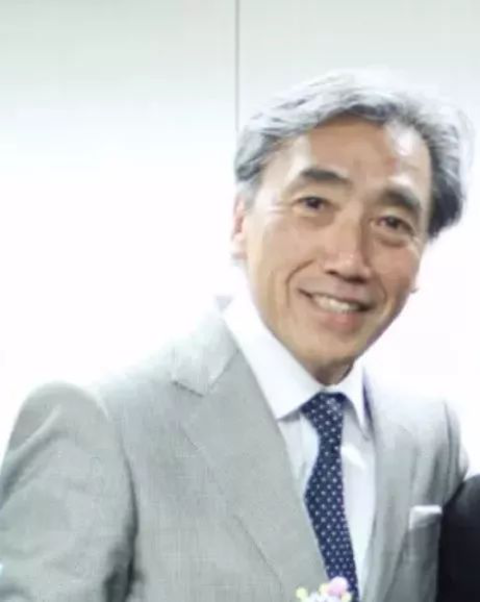
The CEO of the family, Sawada
The problem of aging in Japanese society has increased. Old people are not willing to cook. Women go out to work. The whole family is taking on more social responsibilities. For example, the whole family of the community will celebrate the birthday of the community and provide consumers with computers and toilets. The CEO of the whole family, Sawada, said: “Employees are the shop operators who are closest to the customers. The store manager can only succeed if the store is close to the residents and rooted in the community. The goal of the whole family is to truly understand the customers and provide caring services. This is our future beyond competition. The secret of the opponent. The more developed IT technology, the more important the human heart, the more important the bond between people. Family Mart will slow down the investment in IT and commodities, but in the final analysis is to make people's emotional connections."
6. Black Cat Delivery: As long as there is no earthquake, pick up the goods in 5 minutes.
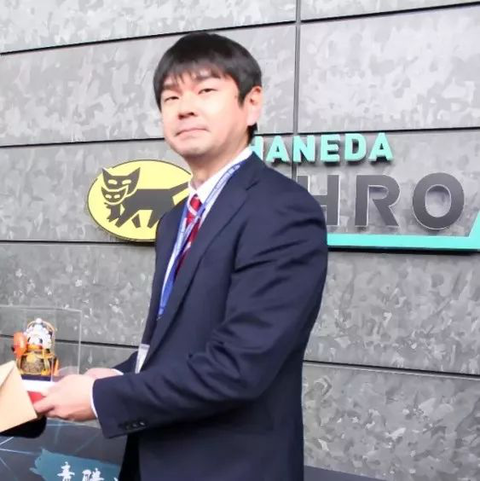
Black cat home emergency executive
At present, the black cat's home delivery has a market share of nearly 50% in Japan, and the annual delivery volume is 1.8 billion. This achievement is related to its efficient working mode. Black cats have 230,000 business offices and distribution points throughout the country. After the call is completed, as long as there is no earthquake, the goods can be picked up in 5 minutes. Behind the high efficiency, there are several core technologies that Black Cat has to master: fast storage technology, automatic replenishment technology, automatic picking technology, integrated storage system, and automatic packaging machines, automatic receiving boxes, automatic vehicles and other supporting technology equipment. .
7. Japan Dentsu: From cheap to small
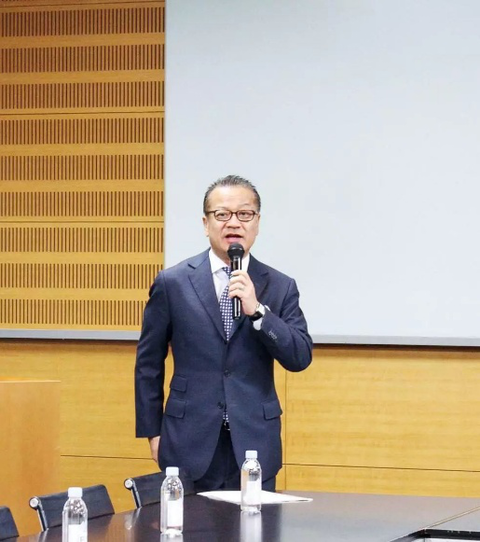
Japan Dentsu executives
In the face of consumers' changing consumer psychology and the trend of online and offline integration of retail industry, how should the circulation industry respond to changes in diversity? Japan Telecom has proposed specific solutions. The first is omnichannel, the former manufacturers are strong, the future retail and consumers are strong, the omni-channel strategy is the customer strategy; the second is the strategic investment e-commerce and convenience stores, Dentsu hopes to join hands with e-commerce and convenience stores. The use of big data; the last is to adjust the advertising strategy, mass marketing is no longer effective, the user must use different means, and for the advertisers to question, the actual situation of goods is more and more difficult to sell, Dentsu has established a new organization. The Promotion Planning Bureau uses the retail industry as a platform to promote multi-party cooperation and deliver the ideal products to consumers.
8. Aeon: 60% of stores with 40% service industry is another future of retail
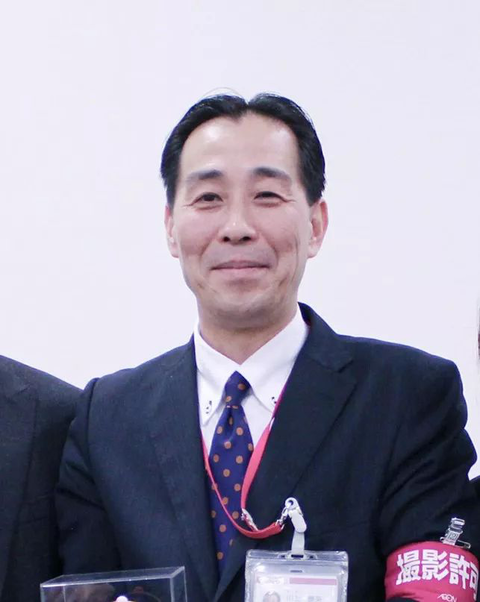
AEON Dongjiu Liumi General Manager Chuan Shang
AEON Retail, a subsidiary of AEON Group, one of Asia's largest department store retail groups, is learning from China's Yonghui Supermarket and plans to open a fresh supermarket within 10 years. As the integration speed of Japanese supermarkets is getting faster and faster, AEON retail is affected by e-commerce, the turnover has dropped drastically, and efforts are being made to develop e-commerce. In January of this year, WeChat mobile payment was opened. In order to increase the number of visitors, AEON will also cooperate with partners to improve the shopping experience of users. In the past, 80% of AEON East Kurume was a shop, 20% was a service industry; now it is 60% of stores, 40% of service industries, including catering and music training classes.
9. Nomura Research Institute: Creating new consumer needs is innovation
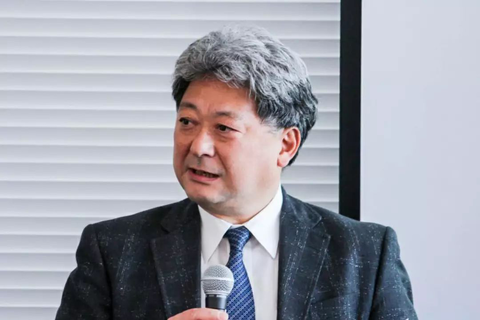
Nomura, Executive Director of Nomura Research Institute
Uenomura, executive director of Nomura Research Institute, said: "China will face the economic situation facing Europe, the United States and Japan in the future. The retail industry will face saturation. The industry needs to see this trend in advance, and only keep thinking about how to create new consumers. Demands can ensure that the company continues to grow.†New products such as coffee and fried chicken nuggets developed in 7-11 are very popular, but their performance is still declining. Coffee and fried chicken are new growth points, but they belong to the business of grabbing Starbucks and KFC. The market is redistributed and no new consumer demand is created.
10. World Management Master Yuan Teng Gong: The power of the scene
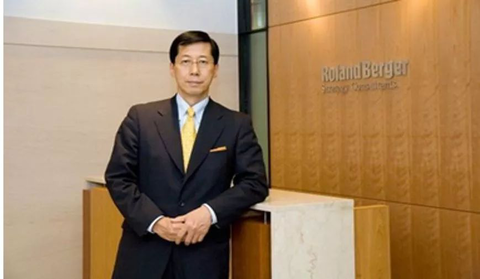
World Management Master Endo
World management master Yuan Tenggong believes that on-site power and vision planning and competition strategy are called the three elements of business management. The so-called on-site power refers to the ability to perform work in the field from the decision makers to the grassroots employees. A good company can exert the power of the scene. Japan’s three-presentism is “live, present, and realityâ€, that is, when problems arise, they immediately go to the scene, look at the present things, and attach importance to reality.
11. Matsumoto Ki: Focus is everything
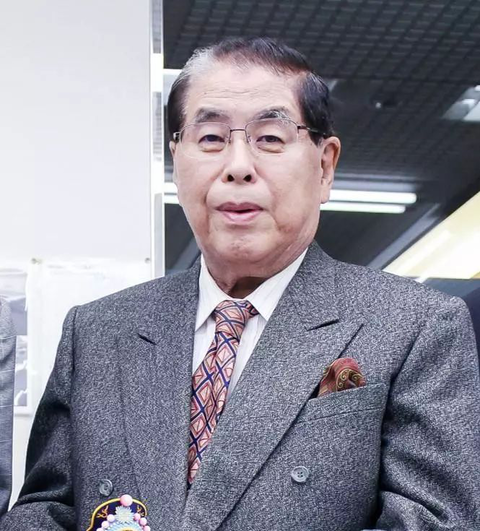
Matsumoto Masahiro Matsumoto Nanhaixiong
Matsumoto's business logic is focused. At the beginning of the business, Matsumoto is focused on health products and stands out in the Japanese retail industry. President Matsumoto Nan Haixiong revealed that Matsumoto’s future development will continue to focus on health and beauty. In addition, Matsumoto also attaches great importance to financial management, and divides goods into five layers according to financial management. According to consumer purchasing logic, there are 120 commodity categories.
12. Former president of Seibu Department Store: "No common sense" is not to say that there is no common sense.

Former president of Japan’s Seibu Department Store, the founder of LOFT, Mizuno Mizuno
The former president of Japan’s Seibu Department Store and the founder of LOFT, Mizuno Sumi, believe that “no common sense†is not to say that there is no common sense, but to negate the existing common sense; knowledge does not mean everything, knowledge is only silk, what cloth is woven into what is important . The reason why corporate social responsibility is promoted is because social, economic, and political gears require social responsibility as an intermediate wheel to lubricate operations.
It is reported that the “Japan Retail†trip is the first stop for Qingtenghui’s global private visits. Next, Qingtenghui’s global private visits will continue to focus on “new cultureâ€, “new consumption†and “new technologyâ€. Multi-regional, more global top-level companies.
Editor in charge: Zhang Wenhui
Party Dress Shoes,Wedding Dress Shoes,Bit Loafers Men'S
Desay Group CO.,Ltd , https://www.desaygroup.com